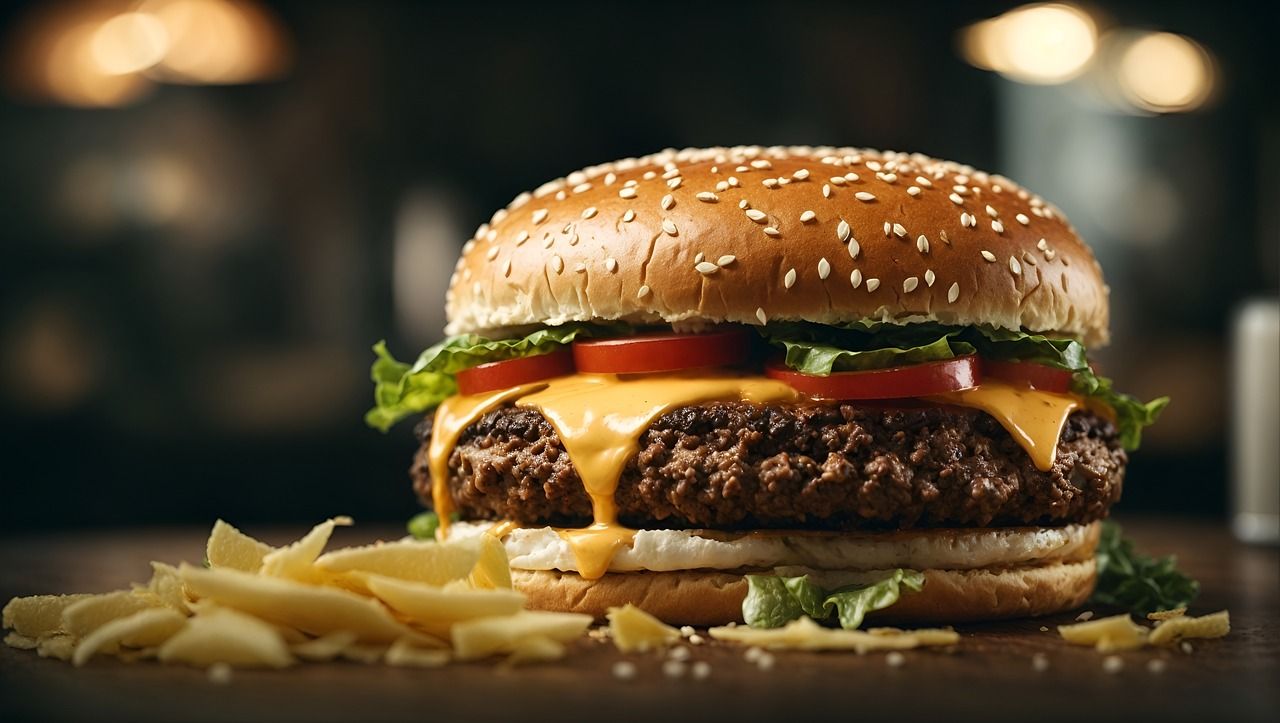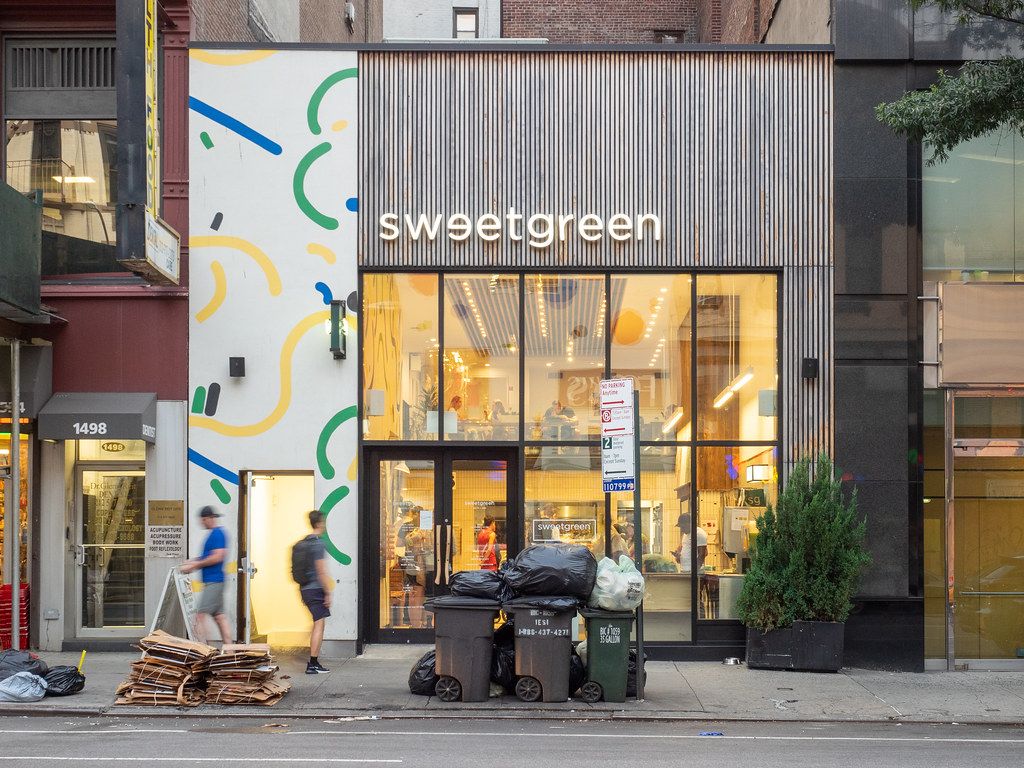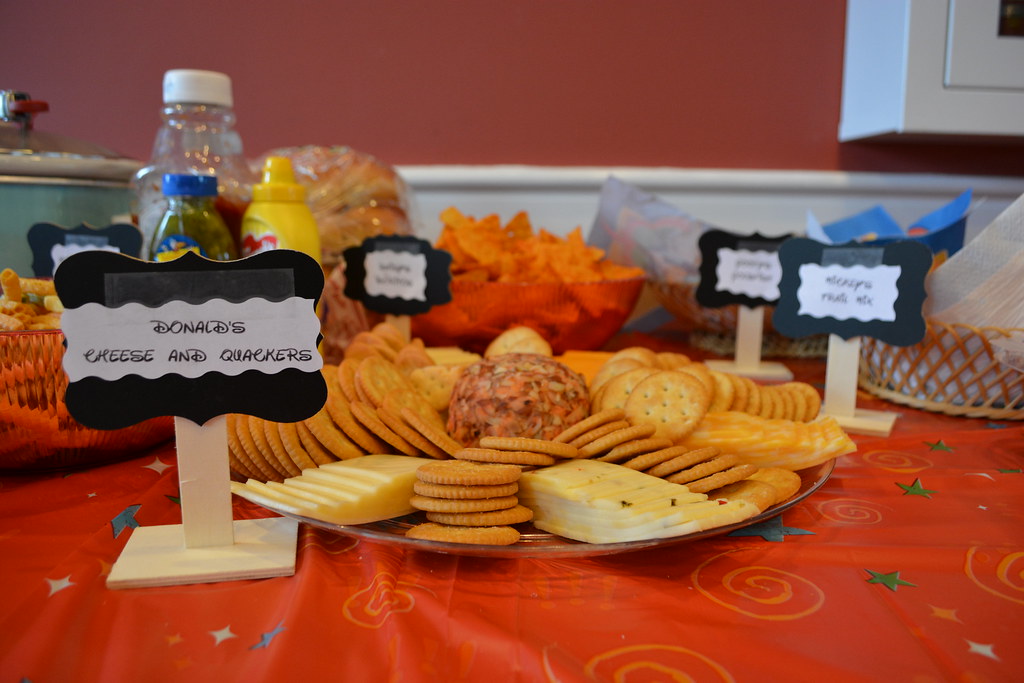
The late-night munchies are a familiar foe for many of us. You’ve had dinner, settled in for the evening, perhaps enjoying some well-deserved downtime, when suddenly, your stomach starts to rumble. The fridge beckons, the pantry calls, and you find yourself standing at a crossroads: to snack or not to snack? This isn’t just a simple craving; it’s a nightly dilemma often clouded by conflicting advice about what’s truly good or bad for your body after dark.
For years, we’ve been told that eating after dinner is a direct route to unwanted weight gain, disturbed sleep, and a decline in overall health. However, like many nutrition debates, there are compelling arguments on both sides. Timing, the quality of your food, and the quantity all play a crucial role in determining whether those post-sunset nibbles work for you or against you. While genuine hunger, especially for active individuals, can warrant a strategic snack, the vast majority of our late-night cravings lead us down a path of nutritionally suspect choices.
Research has shown that what we typically reach for at night often consists of calories that are “higher in sugar and fat and lower in fiber and protein.” It’s not just the act of eating, but *what* you eat that can really come back to bite you. So, if you’re looking to make smarter choices when hunger strikes after dark, join us as we explore 12 common late-night snacks that, frankly, just aren’t worth the calories, the metabolic stress, or the morning-after regret.
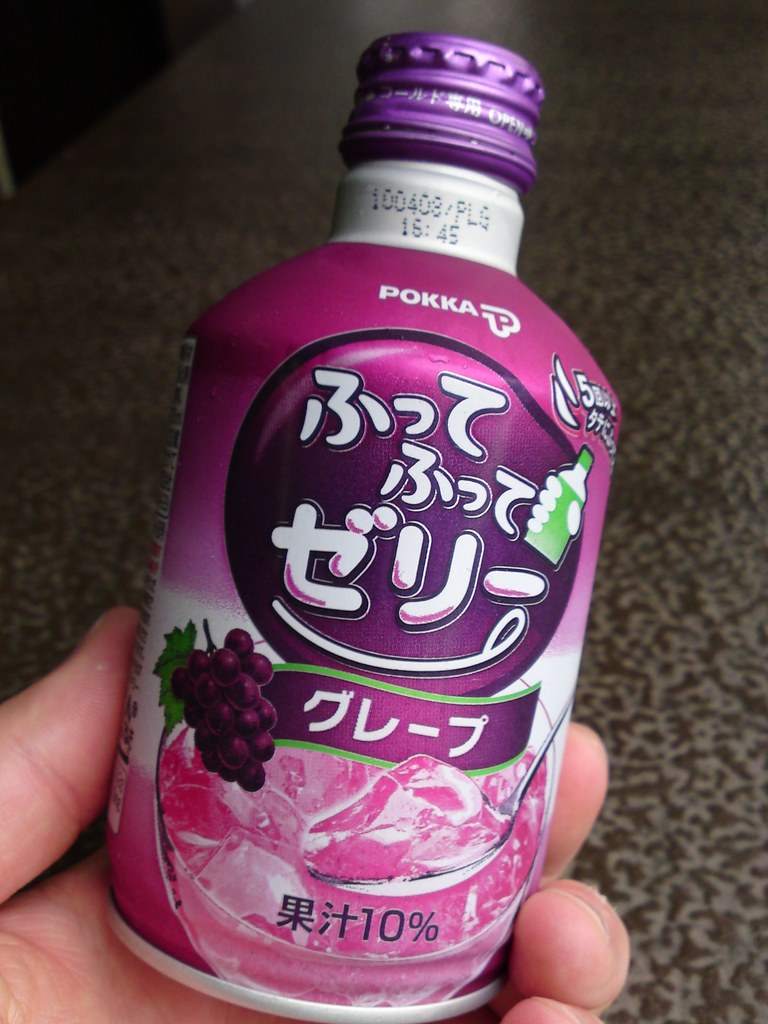
1. **Sugary Sodas and Energy Drinks**These seemingly innocuous beverages are often among the first culprits in a late-night caloric excess. While they might offer a temporary burst of energy (which, let’s be honest, isn’t what you need before bed), they deliver a significant hit of sugar and empty calories without any substantial nutritional value. Your body processes these rapidly, leading to a quick spike in blood sugar levels.
Consuming these drinks close to bedtime can be particularly problematic for your metabolic health. A small study involving healthy volunteers found that peak blood sugar levels were about 18% higher in people who ate at 10 p.m., shortly before bedtime, compared with those who ate at 6 p.m. Sugary drinks contribute directly to this late-day calorie intake that can adversely affect blood glucose control.
Beyond the immediate sugar spike, the artificial stimulants in energy drinks can severely disrupt your sleep cycle, making it harder to fall asleep and reducing the quality of your rest. Poor sleep, in turn, can further impact your metabolic health and even lead to increased cravings for more sugary foods the next day, creating a vicious cycle that sabotages your well-being.
Ultimately, when you’re assessing your snacking needs, consider that brewing up herbal tea might alleviate the dehydration that can mask itself as hunger, offering a far healthier and more sleep-friendly alternative to these sugar-laden concoctions.
Read more about: The Cardiologist’s Unfiltered Take: 9 ‘Worst’ Foods to Eradicate from Your Diet for Heart Health
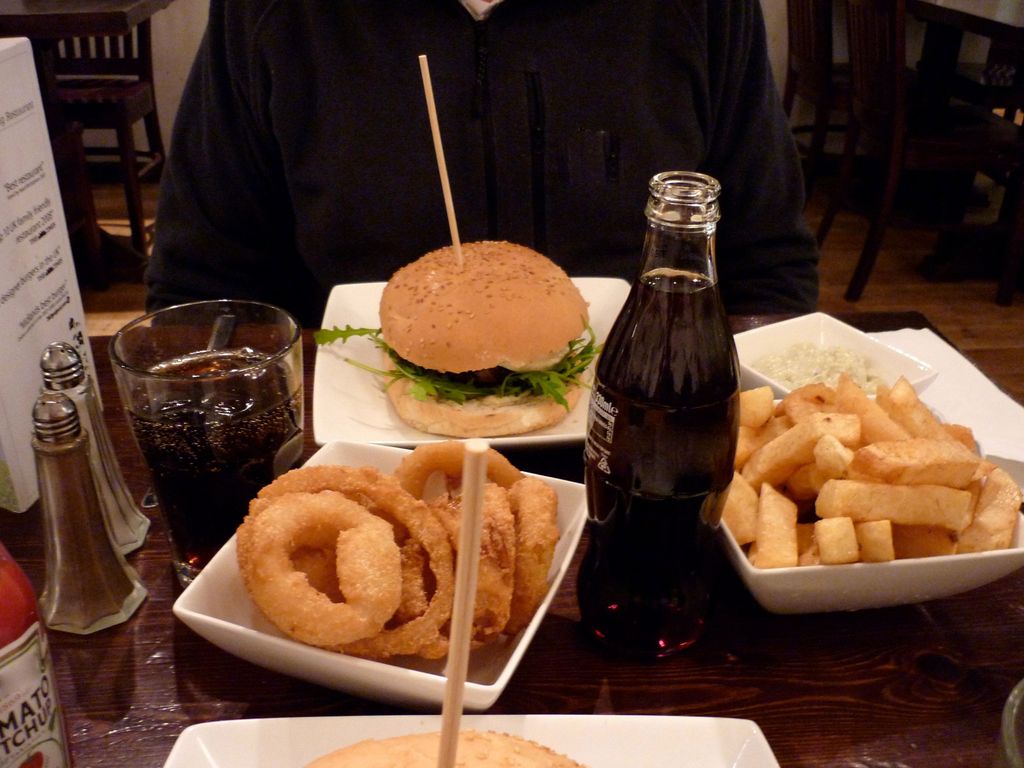
2. **Fast Food Meals**When late-night hunger morphs into full-blown cravings, the convenience of fast food can be incredibly tempting. However, opting for a drive-thru meal after dinner is one of the quickest ways to consume a significant amount of calories, unhealthy fats, and sodium that will do more harm than good. These meals are notoriously high in processed ingredients and lack the essential nutrients your body needs, especially before winding down for the night.
Research presented at the 2020 European and International Conference on Obesity found that late-night eaters often consumed 40% of their daily calories after 6 p.m., and the quality of those calories was typically worse. Fast food fits this description perfectly, contributing to a caloric surplus and providing poor nutrition. This excessive intake of calories, particularly those lacking in fiber and protein, can contribute to unwanted weight gain.
Beyond the calorie count, the high fat and sodium content in fast food can lead to digestive discomfort, heartburn, and bloating, all of which can severely interfere with your sleep quality. Going to bed with a growling tummy can interfere with falling asleep, but so can a stomach struggling to digest a greasy burger and fries. Quality sleep is vital for athletic gains and general health, and fast food before bed is a direct threat to that.
Moreover, regularly choosing fast food at night can perpetuate unhealthy eating habits. It provides little in terms of satiety from lean protein or fiber, often leaving you feeling hungry again sooner than you should, rather than helping you manage your hunger effectively with nutrient-dense choices like Greek yogurt or vegetables with hummus.
Read more about: Hit the Highway: Our Ultimate Guide to America’s Most Iconic Roadside Diners for the Perfect Throwback Meal
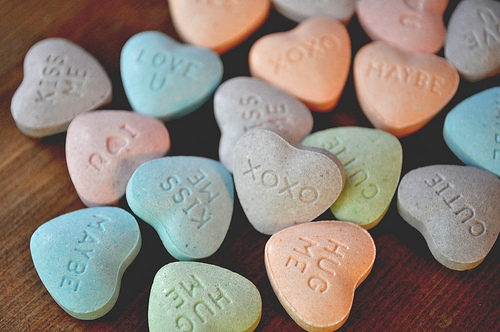
3. **Candy and Processed Sweets**Ah, the candy drawer. It calls to us with its siren song of instant gratification, particularly when boredom or stress strikes late in the evening. However, a delve into these sugary delights is a classic example of a hunger fix that is absolutely not worth the calories. Candies and most processed sweets are packed with refined sugars and artificial ingredients, offering virtually no nutritional benefit.
Consuming these items late in the day contributes significantly to the issue of late-night calories being “higher in sugar and fat.” This surge of sugar can cause a rapid spike in blood glucose levels, which some research, including a study in The Journal of Clinical Endocrinology and Metabolism, suggests could adversely affect metabolic health. It’s a short-term pleasure with potential long-term metabolic consequences, including impacts on blood glucose control and fatty acid oxidation.
Beyond the metabolic implications, the sugar rush from candy can interfere with your body’s natural wind-down process, making it difficult to achieve restful sleep. The subsequent sugar crash can also lead to fragmented sleep or awakenings during the night. Trying to go to bed with a system buzzing from sugar is counterproductive to getting the quality shut-eye that is vital for athletic gains and overall well-being.
Instead of reaching for these empty-calorie treats, consider why you’re snacking. If it’s for emotional reasons like stress or anxiety, engaging in other activities like listening to an audiobook or even brewing herbal tea can help manage these cravings. If it’s truly a sweet craving, some context suggests that dark chocolate might be a bad idea before bed, but whole fruits like apples or berries with a handful of nuts could offer a more beneficial alternative.
Read more about: Seriously, Where Did They Go? 14 Classic Desserts That Totally Vanished From Our Tables
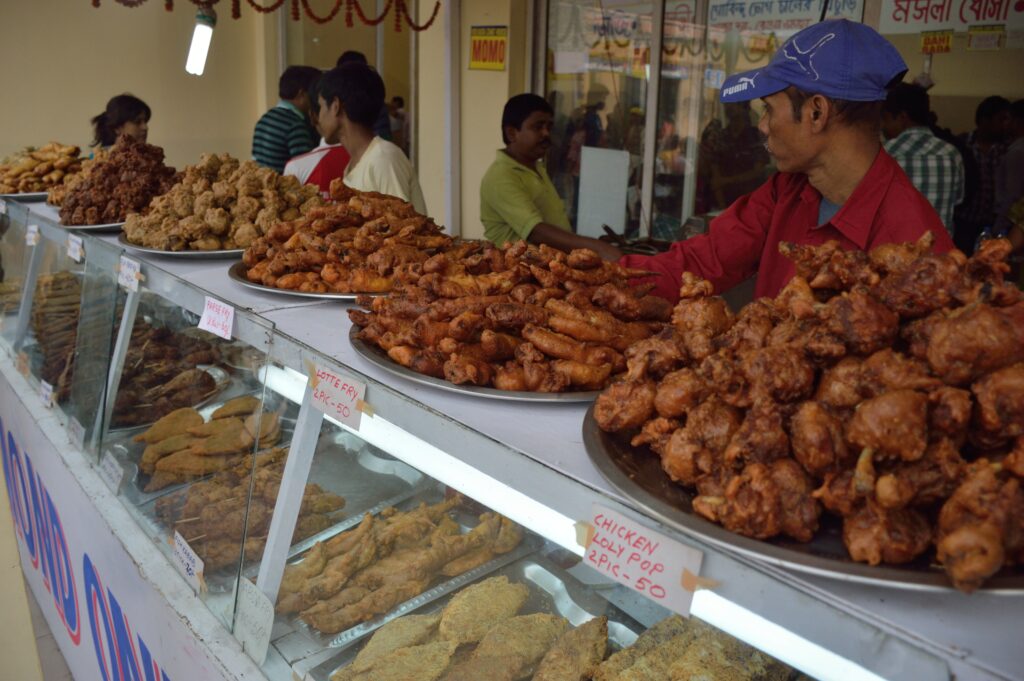
4. **Fried Snacks (e.g., chips, fries)**When the urge for something salty and crunchy hits after sunset, potato chips or a leftover side of fries might seem like the perfect solution. Yet, these fried snacks are another prime example of foods that are “nutritionally suspect” and should be largely avoided as a late-night fix. They are laden with unhealthy fats, excessive sodium, and refined carbohydrates, offering very little in terms of fiber or protein to promote satiety.
Such high-fat, high-sodium foods are particularly detrimental when consumed close to bedtime. They can sit heavy in your stomach, leading to indigestion and discomfort that can disrupt your sleep. The body has to work harder to digest these items, which is not ideal when it should be preparing for rest. This can prevent you from falling asleep easily and enjoying a quality night’s rest.
Furthermore, the caloric density of fried snacks means you can consume a significant number of calories very quickly without feeling truly full. This contributes to the issue where late-night eaters consume a larger percentage of their daily calories after 6 p.m., often with worse nutritional quality. If your nighttime snacking habit is contributing to caloric excess, it certainly won’t do your ideal race weight or general fitness goals any favors.
Instead of these calorie-dense, low-nutrient options, consider savory alternatives that are more health-supportive. The context suggests options like air-popped popcorn (without excessive butter or salt), hummus with bell pepper strips, or even freeze-dried avocado as more satiating and less detrimental choices that still satisfy a savory craving while offering fiber and healthy fats.
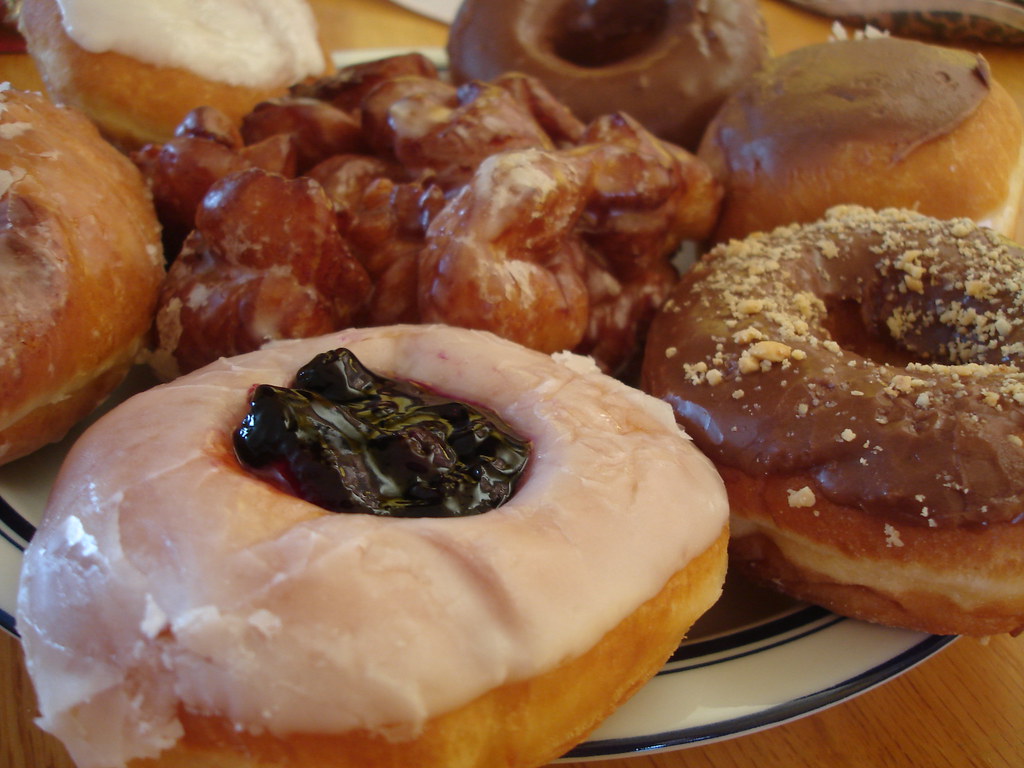
5. **High-Sugar Bakery Products (pastries, donuts, cakes)**Few things are as comforting as a sweet pastry or a slice of cake, but as a late-night snack, these bakery products are among the worst offenders. They are typically high in refined sugars, unhealthy fats, and processed flours, offering a triple threat to your metabolic health and sleep quality. These items are the epitome of the “typical fare like pastries” that often wedge their way into our diets at night and are associated with negative health outcomes.
Consuming such high-sugar and high-fat items before bed can lead to significant blood sugar spikes, followed by crashes. This rollercoaster effect can disrupt the body’s natural sleep rhythms. The fat content also slows digestion, which means your digestive system is still working hard when it should be winding down, potentially causing discomfort or heartburn that interferes with sleep.
These products are calorically dense and nutritionally sparse. They provide a rush of energy that is quickly depleted, often leaving you craving more sugar, rather than providing sustained satiety. This contributes to the problem of consuming a high percentage of daily calories later in the day, which some studies link to higher levels of blood triglycerides and lower insulin sensitivity, both risk factors for heart problems.
If you find yourself reaching for these due to emotional reasons or boredom, it’s important to assess the trigger. The context suggests that activities like taking a walk or engaging with an audiobook can help manage cravings. When you need to satisfy a sweet craving, opt for fresh fruit or even a small amount of plain Greek yogurt with berries instead of these caloric and metabolically challenging bakery items.

6. **Refined White Carbs (white bread, pasta, white rice)**While not always thought of as “snacks,” simple carbohydrates like white bread, pasta, or white rice can often find their way onto the late-night menu, especially in the form of toast, a quick leftover meal, or even a basic sandwich. However, these refined grains are quickly digested, leading to a rapid rise in blood sugar similar to sugary treats, without the benefit of significant fiber or protein to slow absorption.
When you consume a larger percentage of your calories later in the day, particularly from refined carbohydrates, it can adversely affect metabolic health. Studies suggest that this pattern can lead to higher blood sugar levels and reduced fat burning rates compared to consuming these calories earlier in the day. The body processes these simple carbs differently post-sunset, potentially contributing to metabolic issues like poor blood glucose control.
For an active person, whole-grain carbs are important for glycogen replenishment, but the refined versions offer little sustained energy and can be more detrimental. They can contribute to a caloric excess if not carefully monitored, especially since they don’t provide the same lasting fullness as complex carbohydrates paired with protein and fiber.
If you’re truly in need of some carbohydrates for post-training glycogen replenishment, the context suggests opting for whole-grain options. For instance, ‘toast before bedtime’ is mentioned as beneficial if you forgot to include whole-grain carbs at dinner. The key here is the ‘whole-grain’ aspect, providing fiber that slows digestion and sugar release, unlike their refined counterparts.” , “_words_section1”: “1966
Now that we’ve tackled some of the most obvious late-night pitfalls, let’s peel back the layers on six more insidious saboteurs that often sneak into our evening routines. These aren’t always as apparent as a greasy burger, but their impact on your weight, metabolism, and precious sleep quality can be just as significant. It’s time to get savvy about what truly serves your body after dark, and what just isn’t pulling its weight in the calorie department.
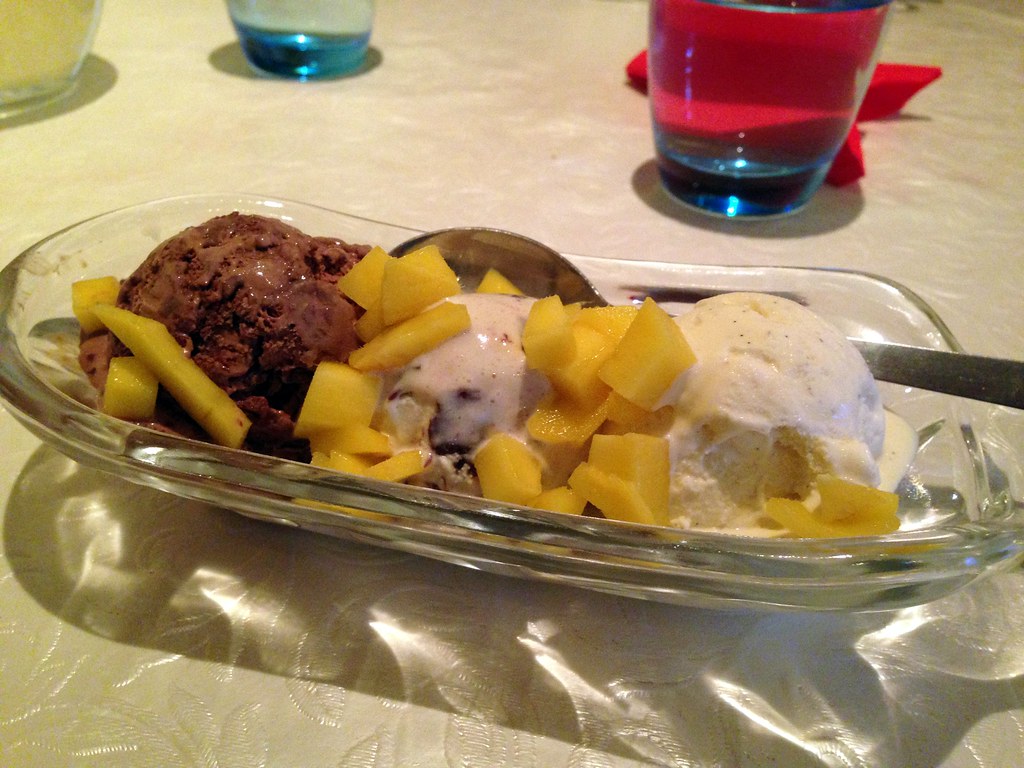
7. **Ice Cream**There’s something undeniably comforting about a bowl of ice cream after a long day. It’s a classic sweet indulgence that whispers promises of relaxation. However, when it comes to late-night snacking, this creamy delight is often among the first culprits to avoid if you’re trying to manage your weight and metabolic health. It’s a perfect storm of high sugar and unhealthy fats, designed for instant gratification rather than sustained well-being.
Consuming a significant amount of sugar and fat late in the evening can throw your body’s natural rhythms out of whack. Just as research suggests that calories eaten later in the day are handled differently on a metabolic level, a big scoop of ice cream contributes to those higher blood sugar levels and reduced fat burning rates compared to eating earlier. This surge of sugar can disrupt your sleep cycle, making it harder to drift off and stay asleep peacefully.
Beyond the immediate sugar rush, the high-fat content in ice cream can lead to digestive discomfort. Your body has to work overtime to process that fat when it should be winding down for rest, potentially causing indigestion or heartburn. This interference with your body’s natural nightly processes means your sleep quality suffers, which, in turn, can lead to increased cravings for more sugary foods the following day. It’s a vicious cycle that, frankly, isn’t worth the spoonful.
Instead of reaching for that tub, consider satisfying a sweet craving with something like plain Greek yogurt topped with a handful of berries. You get protein, fiber, and natural sweetness without the metabolic stress or sleep disruption. It’s a much smarter choice for your body, and your sleep will thank you.
Read more about: Beyond the Launchpad: An Analytical Look at The Challenger Disaster’s Technical Flaws from Faulty O-Rings to Explosive Failure

8. **Alcoholic Beverages**Many people might not think of alcohol as a “snack,” but those evening drinks absolutely count towards your late-night caloric intake, and they are masters of subtle sabotage. Alcohol is incredibly caloric, often providing empty calories that offer little to no nutritional value. What’s more, your body processes alcohol in a way that directly interferes with your metabolic health and sleep quality.
One of the biggest misconceptions about alcohol is that it helps you sleep. While a nightcap might make you feel drowsy initially, it actually disrupts the quality of your sleep. It suppresses REM sleep, which is crucial for cognitive function and emotional regulation, and can cause you to wake up more frequently throughout the night. This fragmented sleep prevents your body from achieving the deep, restorative rest it truly needs.
From a metabolic perspective, alcohol is often converted into sugar in the body, contributing to blood sugar spikes. As the context clearly states, “alcohol, ya que es muy calórico y se convierte en azúcar, promoviendo así el aumento de peso.” This direct link to weight gain and metabolic stress, combined with its detrimental effects on sleep, makes alcohol a particularly insidious late-night saboteur. It provides significant calories without any satiety, often leading to poor food choices later.
When you’re seeking to unwind at night, consider alternative wind-down rituals. An herbal tea, a warm bath, or even listening to an audiobook can be far more beneficial for both your body and your mind. These choices allow your system to truly relax and prepare for restful sleep without the metabolic toll that alcoholic beverages demand.
Read more about: Where Did They Go? 15 Beloved Snacks That Vanished From Supermarket Shelves – And The Delicious Memories They Left Behind

9. **Processed Juices**Juices often masquerade as healthy choices, but don’t be fooled by their fruity facade, especially when it comes to processed varieties late at night. Unlike whole fruits, processed juices typically strip away the beneficial fiber, leaving you with a concentrated dose of sugar. This makes them far more similar to sugary sodas than a true health-boosting beverage, proving to be a “not worth the calories” option for your evening routine.
When you drink these “ciertos tipos de jugos” late in the day, that rapid influx of sugar causes a significant spike in your blood glucose levels. Without the fiber to slow absorption, your body processes these sugars quickly, leading to the same kind of blood sugar rollercoaster that more obvious sugary treats cause. This metabolic strain, particularly when your body should be preparing for rest, is far from ideal.
Because they lack fiber and protein, processed juices offer virtually no satiety. You can consume a considerable amount of calories very quickly without feeling full, which makes it easy to contribute to a caloric surplus. This can easily push you over your daily calorie limit and hinder any weight management or fitness goals you might have. It’s a quick hit of calories with no lasting benefit.
If you’re craving something fruity, opt for whole fruits instead. An apple or a handful of berries provides natural sugars along with essential fiber, which slows digestion and helps stabilize blood sugar. Or, even better, quench your thirst with water or herbal tea; your body will thank you for the hydration without the unnecessary sugar load.
Read more about: Unclogging the System: 14 Expert-Backed Drinks for Instant Constipation Relief
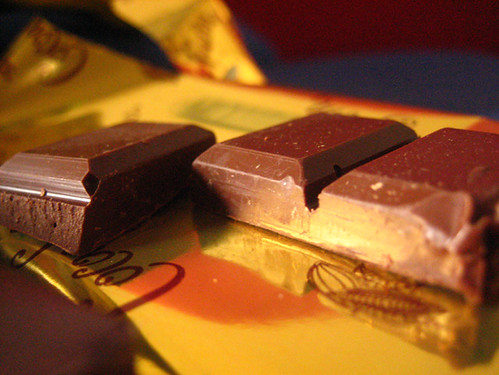
10. **Dark Chocolate (Before Bed)**Dark chocolate, often hailed for its antioxidant properties and perceived health benefits, might seem like a sophisticated and guilt-free late-night treat. However, even this seemingly virtuous indulgence can become an “insidious late-night saboteur” if consumed too close to bedtime. As one expert suggests, there’s a reason why “Eating Chocolate Before Bed Is a Bad Idea, According to a Dietitian.” The specific compounds within it can work against your body’s natural wind-down process.
While dark chocolate boasts antioxidants, it also contains natural stimulants like caffeine and theobromine. These compounds can have an alerting effect, similar to coffee, making it challenging to fall asleep and stay asleep. Even small amounts can interfere with your body’s ability to relax, especially for individuals sensitive to stimulants. This is a subtle but potent way it can disrupt your precious sleep quality.
Furthermore, despite being “dark,” chocolate still contains sugar and fat. Consuming these components late at night can contribute to the issues we’ve already discussed: blood sugar fluctuations and digestive discomfort. While a small piece earlier in the day might be fine, a substantial portion or a piece too close to lights out simply isn’t worth the potential metabolic stress or the disrupted sleep it can cause.
So, if you’re craving a sweet treat in the evening, consider alternatives that won’t disrupt your sleep or add unnecessary metabolic burden. Try a small bowl of fruit, like a banana or tart cherries, which are even known to promote sleepiness. Save your dark chocolate indulgence for earlier in the day when its stimulating effects are less likely to interfere with your rest.
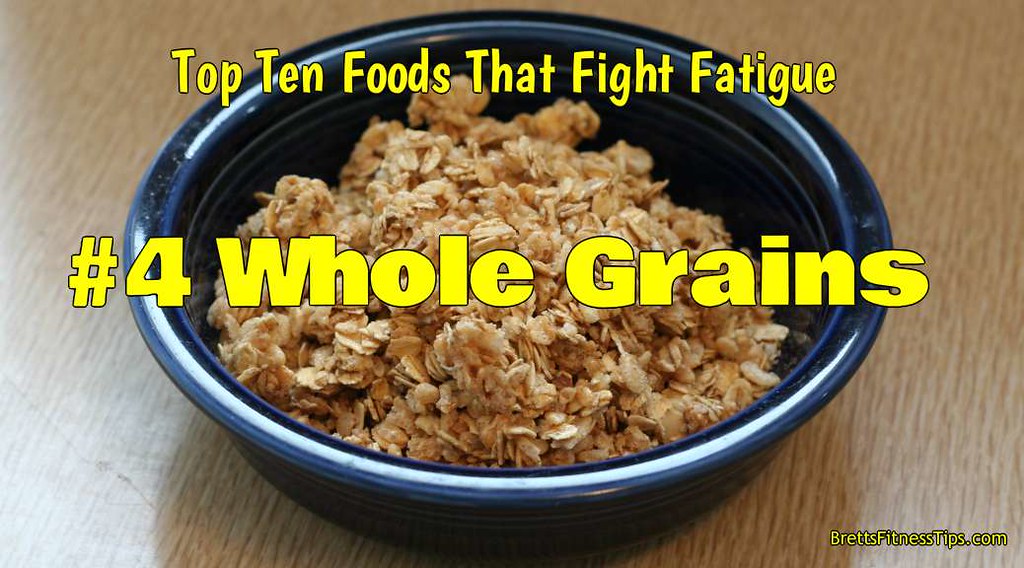
11. **High-Sugar Cereals**A seemingly innocent bowl of cereal before bed can feel like a quick and easy solution to late-night hunger, or even a nostalgic comfort. Yet, many popular cereals are laden with refined sugars and often lack the substantial fiber and protein needed for sustained satiety. This makes them a prime example of a late-night fix that, in reality, isn’t worth the calories or the metabolic consequences.
These highly processed cereals act much like candy or processed sweets in your system. The abundance of refined sugars leads to a rapid spike in blood glucose levels, followed by an equally swift crash. This metabolic rollercoaster can disrupt your body’s natural sleep rhythms, making it harder to fall into a deep, restorative sleep, and potentially leaving you feeling hungrier shortly after.
As part of the category of “processed foods,” high-sugar cereals contribute to the overall issue of poor nutritional quality in late-night snacks. They offer fleeting energy and little in terms of sustained fullness from lean protein or fiber, meaning they don’t help you manage hunger effectively. This often leads to consuming more calories without adequate nutrition, hindering your health and fitness goals.
If you’re craving a late-night bowl, choose wisely. Opt for whole-grain, low-sugar cereals and pair them with a source of protein like milk or unsweetened Greek yogurt to slow digestion and provide more sustained energy. Or, better yet, consider alternatives like oatmeal, which can be a beneficial whole-grain carb source before bed for athletes, especially if it’s a plain, unsweetened variety.

12. **Oversized “Healthy” Snacks / Excessive Portions**Here’s a tricky one that often catches people off guard: even the healthiest snacks can become detrimental if consumed in excessive portions late at night. We’re talking about those “heavy indulgences” where you might grab a handful of nuts, which are generally good for you, but that handful turns into three or four. The principle of “more is better” simply doesn’t apply when you’re preparing your body for rest.
The context is clear: “focus on portion control even with healthy snacks” and “avoiding excessive portions” is crucial. While foods like nuts, avocado, or hummus are nutrient-dense and offer healthy fats and fiber, their caloric density means that large quantities can quickly lead to a significant caloric surplus. This extra intake, especially after dinner, can directly contribute to weight gain, even if the individual ingredients are deemed healthy.
Beyond the calorie count, consuming a large quantity of *any* food, even a healthy one, can place a burden on your digestive system right before bed. Your body has to work hard to process that food when it should be winding down, which can cause discomfort, bloating, and disrupt your sleep quality. As mentioned, “it’s a snack not a meal. So unless you are running daily marathons, it’s best to cap your late-night snack at around 250 calories.” Going beyond this recommendation, regardless of the snack’s inherent health benefits, defeats the purpose.
So, next time you reach for those seemingly innocent almonds or that luscious hummus, take a moment to be mindful of the serving size. A small, measured portion of nutrient-dense food is a strategic choice, offering satiety and nutrients without the negative consequences of overeating. It’s all about balance and conscious consumption, even with the good stuff.
***
Read more about: The Indulgence Dilemma: 15 Fast Food Giants Still Sidestepping the Healthy Eating Revolution
There you have it: a deep dive into the sneaky saboteurs of your late-night cravings. The journey to smarter snacking after sunset isn’t about outright deprivation, but about making informed, impactful choices that genuinely support your health, metabolism, and sleep. From sugary drinks to oversized “healthy” portions, understanding what truly isn’t worth the calories empowers you to nourish your body rather than burden it. So, next time hunger strikes when the stars are out, remember these insights and choose wisely – your body will certainly thank you for it.


